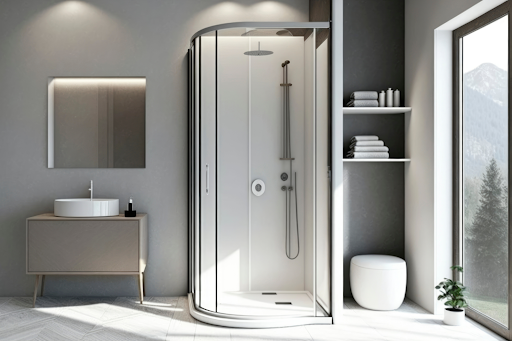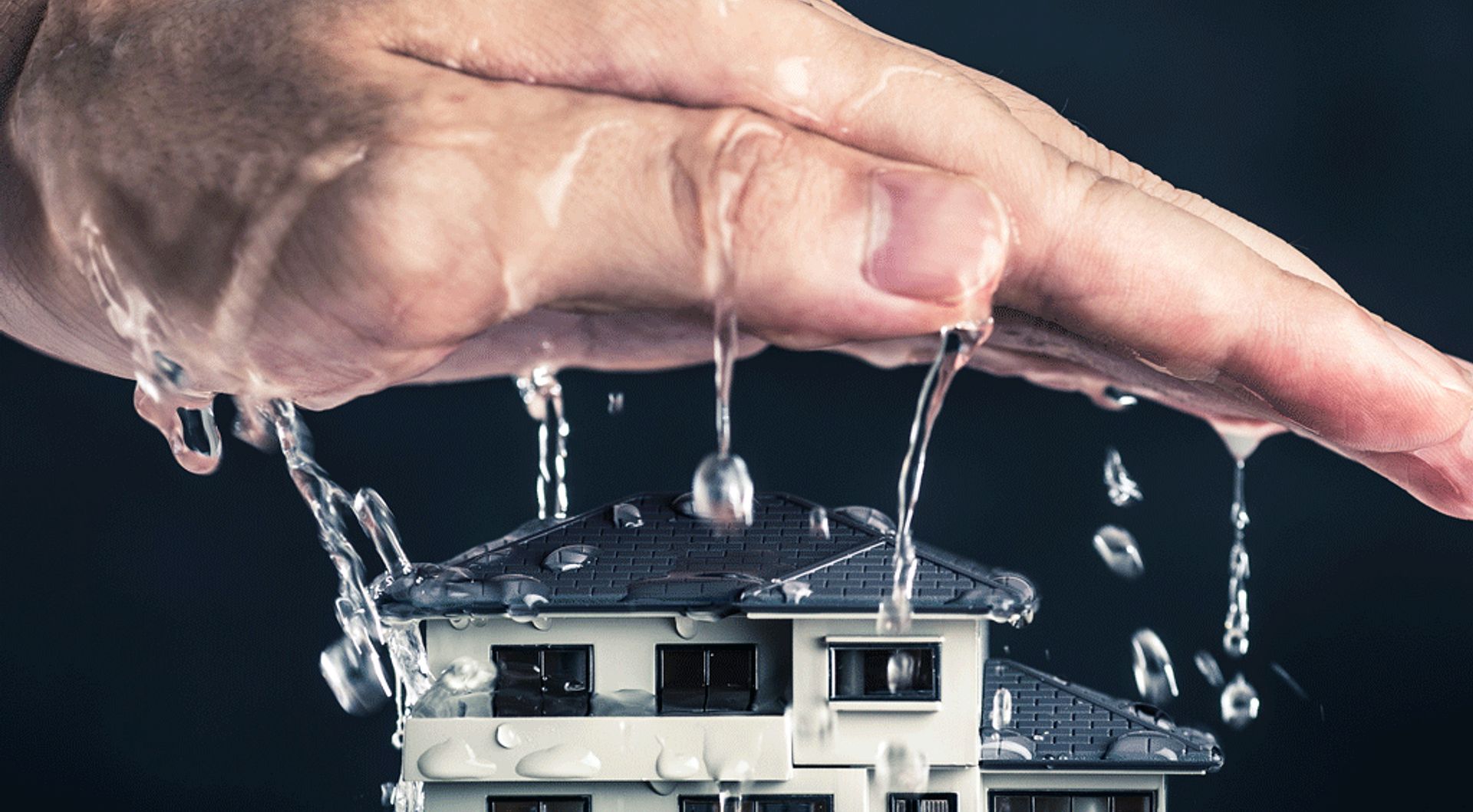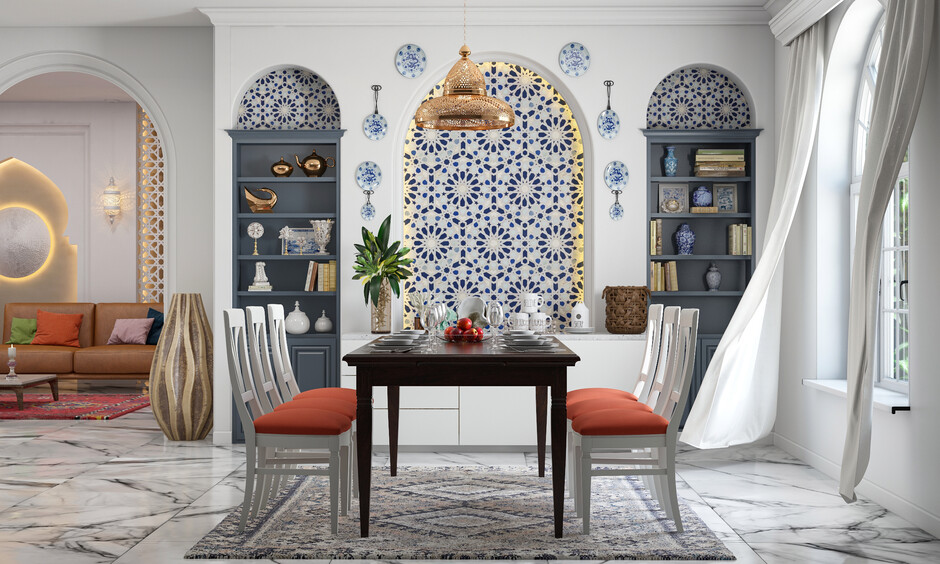The bathroom, often considered the sanctuary of the home, has evolved from a utilitarian space to a place of relaxation and rejuvenation. In this transformation, the shower area has taken center stage, and the choice of shower door has become a key element in defining the bathroom’s aesthetics and functionality. In this article, we explore the world of shower doors, delving into the diverse options available, the impact they have on bathroom design, and the considerations that go into choosing the perfect shower door for your space.Water Containment: The primary function of shower screens is to keep water within the shower area. Proper installation and sealing are crucial to prevent leaks.
Table of Contents
Shower Doors: More than Just Entryways
Shower doors serve a dual purpose: they provide access to the shower and contribute to the overall design and ambiance of the bathroom. While shower curtains offer privacy, shower doors offer a sense of permanence and sophistication. They enclose the shower, preventing water from splashing onto the bathroom floor, and they come in a variety of styles and materials to suit different bathroom aesthetics.
Types of Shower Doors
Shower doors come in various styles, each offering its own set of benefits and aesthetic appeal:
- Sliding Shower Doors: These doors, often made of tempered glass, slide on tracks to open and close. They are ideal for smaller bathrooms where swinging doors may not be practical.
- Swinging/Pivot Shower Doors: These doors operate like traditional doors, swinging open and shut on hinges. They are available in both single and double configurations, making them suitable for larger bathrooms with ample space.
- Frameless Shower Doors: Frameless doors are constructed with thick, tempered glass and lack the metal frame found in other styles. They offer a sleek, modern look and are known for their elegance and ease of cleaning.
- Framed Shower Doors: These doors feature a metal frame that surrounds the glass panels. They are sturdy and come in a variety of finishes to match bathroom fixtures.
Aesthetics and Bathroom Design
The choice of shower door can significantly impact the overall design of the bathroom. For example:
- Frameless doors lend a contemporary and minimalist feel to the bathroom, making it appear more spacious and open.
- Framed doors can add a touch of traditional or industrial design, depending on the finish of the frame.
- Textured or frosted glass provides privacy while adding a decorative element to the bathroom.
- Clear glass doors showcase intricate tile work and design details in the shower, becoming a focal point of the bathroom.
Functionality and Maintenance
Apart from aesthetics, functionality and maintenance are critical considerations when choosing a shower door:
- Water Containment: The primary function of a shower door is to keep water within the shower area. Proper installation and sealing are crucial to prevent leaks.
- Cleaning: The ease of cleaning is a significant factor. Frameless doors typically have fewer nooks and crannies where dirt and soap scum can accumulate, making them easier to maintain.
- Accessibility: Consider the needs of all bathroom users. Sliding doors can be more accessible for some individuals, while others may prefer the convenience of swinging doors.
Safety and Durability
Safety is paramount in a wet environment like the bathroom. Tempered glass, commonly used in shower doors, is designed to shatter into small, less harmful pieces if it breaks, reducing the risk of injury. Additionally, proper installation by a professional is essential for ensuring the door’s stability and safety.
Energy Efficiency and Insulation
In some cases, the type of shower door can impact the bathroom’s energy efficiency. Frameless doors, for instance, may not seal as tightly as framed ones, potentially allowing more heat to escape. Consider the climate and your heating and cooling costs when choosing a shower door.





